Read all about ADAS technology, including common terminology and explanations of buzzwords within the field.
Advanced Driver Assist Systems, The Next Big Thing In Safety
By Carter Hammett, Tech Talk by Hunter as seen as Auto & Truck Alantic
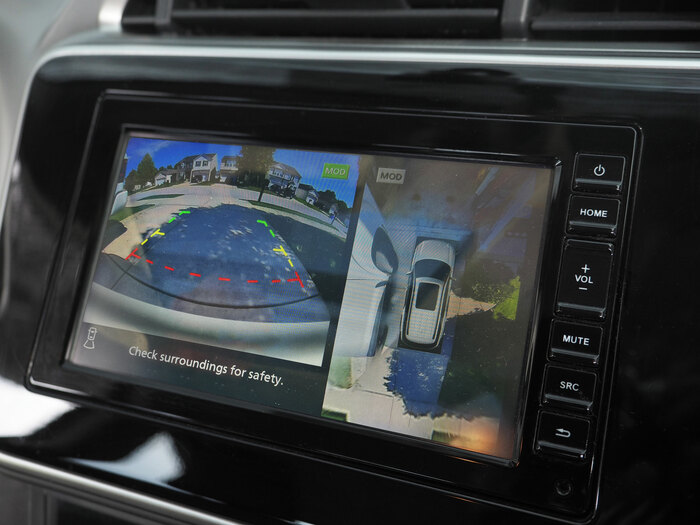
The evolution of Automotive Technology has come a long way in recent years. With car connectivity, in-house entertainment systems and other features, cars have essentially become smart phones on wheels.
But as technology evolves there's one aspect that can't be taken lightly: safety. And while seat belts, air bags and crumple zones all play valuable roles in protecting your vehicle, there are numerous semi autonomous and autonomous safety tech nologies which aid in avoiding or reduc ing the severity of a crash. Some of these include: blind spot monitoring (BSM) Automatic emergency braking (AEB), active lane keep assist (LKA) and intelligent speed adaptation (ISA).
In recent years, a new contender has entered the ranks of automotive safety, quickly assuming a prominent role: Advanced Driver Assist Systems (ADAS) - These systems are made up of cameras, radars, sonars and even LIDAR compo nents that can work together or individu ally to help the motorist have a safer driv ing experience, says Ryan Gerber, product specialist with Hunter Engineering (www.hunter.com).
As the world's fastest growing auto motive technology, ADAS is featured in over 60 million vehicles, with that figure increasing every year. At least one-third of these vehicles will need calibration following common services, such as a wheel alignment. ADAS was available as standard or optional on 93 percent of all vehicles manufactured in the 2018 model year. Virtually all vehicles now have some type of driver assistance system. As these systems increase in sophistication, the need to properly recalibrate them follow ing common procedures also increases. Given this already widespread prevalence, ADAS just isn't something shops can avoid or ignore.
"ADAS features both passive and active systems. Passive systems have lights, audible warnings or even "vibration" elements in the seat or steering wheel to alert the driver. The active systems will actually assume some control of the vehicle to help assist the driver in, for instance, applying the brakes in a fraction of a second," says Gerber.
With the rapid rise of ADAS, shop own ers would do well to view calibrations as a fast-growing opportunity to expand in house service offerings. As these systems evolve, there's a parallel growth in the need to properly recalibrate them following common procedures. Given this ai-readywidespread prevalence, ADAS is here to stay and it just isn't something shops can avoid. To properly serve customers, shops will have to become skilled at identifying, diagnosing and calibrating these systems or risk losing valuable business to those shops that are.
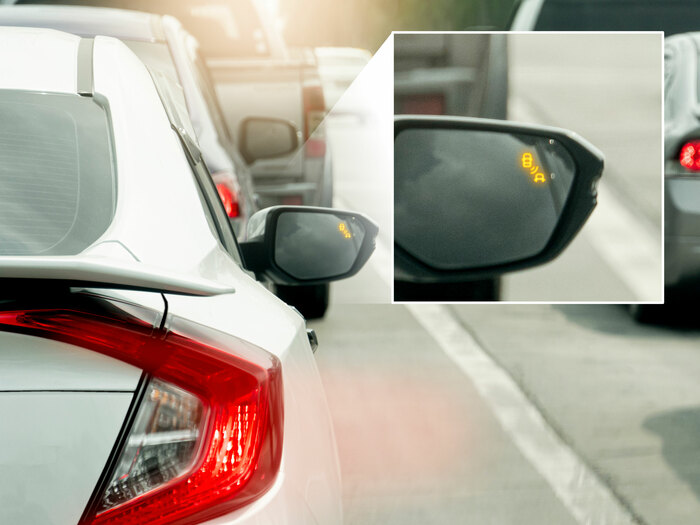
Make no mistake: ADAS is not simple work. It's intricate, varied and constantly being upgraded. But the sophistication of the system can also eliminate a lot of guess work and significantly increase safety. Top Tier ADAS aftermarket calibration equipment eliminates much of the guesswork and seamlessly imegrates with other ADAS tooling to obtain easy- to-follow procedures to produce a first rate job. Benefits will also be seen in the business bottom line with a new ADAS as a new revenue stream/profit center.
"ADAS is an emerging market and should be followed closely for changes. I believe that the best idea is to be educated and for you to begin to offer reset and recalibration services, even if those are limited in scope. The fact is the technology is here to stay oving at the speed of technology and postponing your entry to the technology will only result in a steel learning curve or being left behind completely" says Gerber adding that SEMA, I-Car, NASTF , to name a few, are excellent sources to begin learning.
And continuous learning is part of the "new normal" that will not only improve the driving experience for customers, it will also provide peace of mind for technicians and drivers alike, knowing that safety has been top of mind.
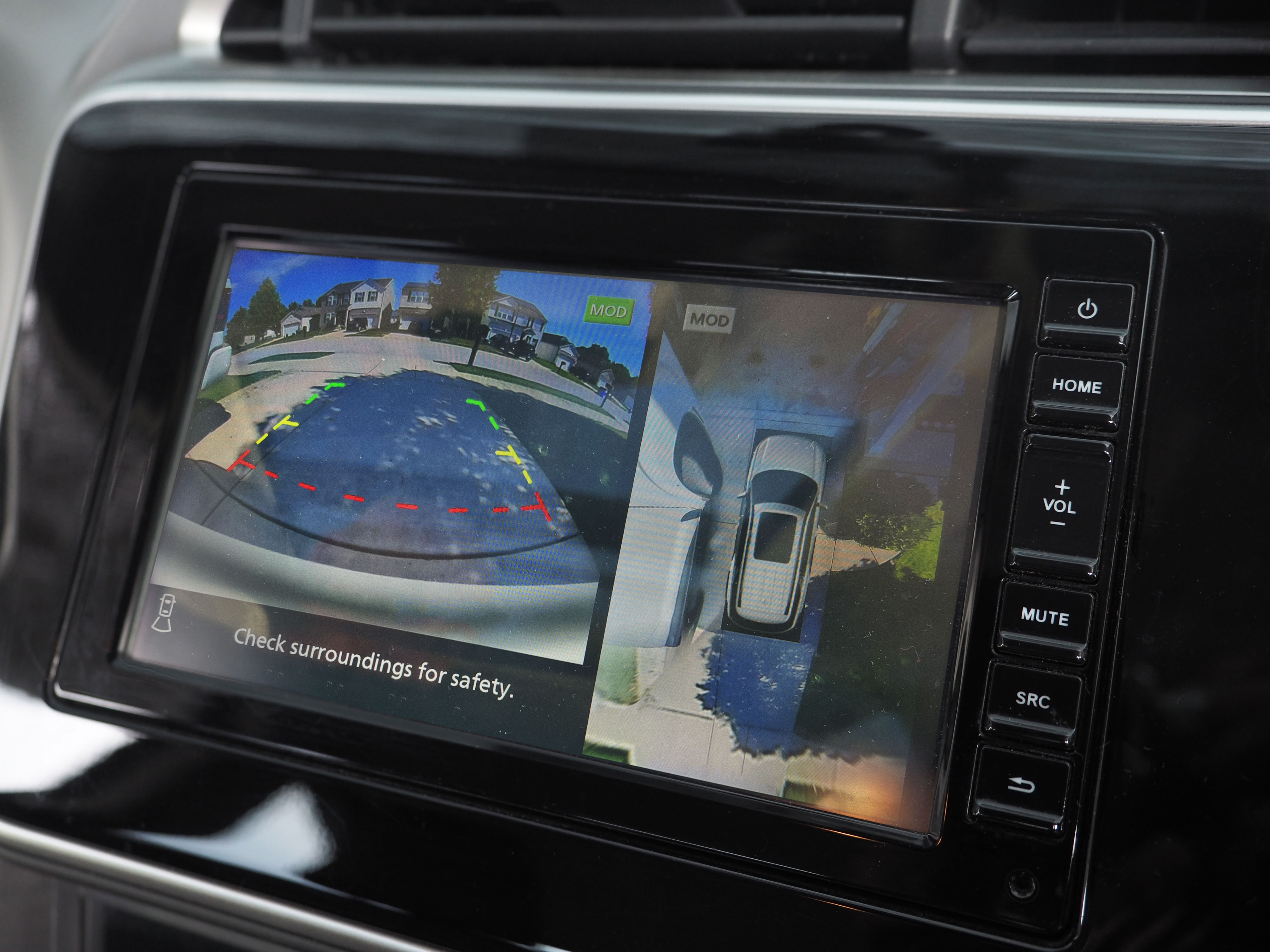
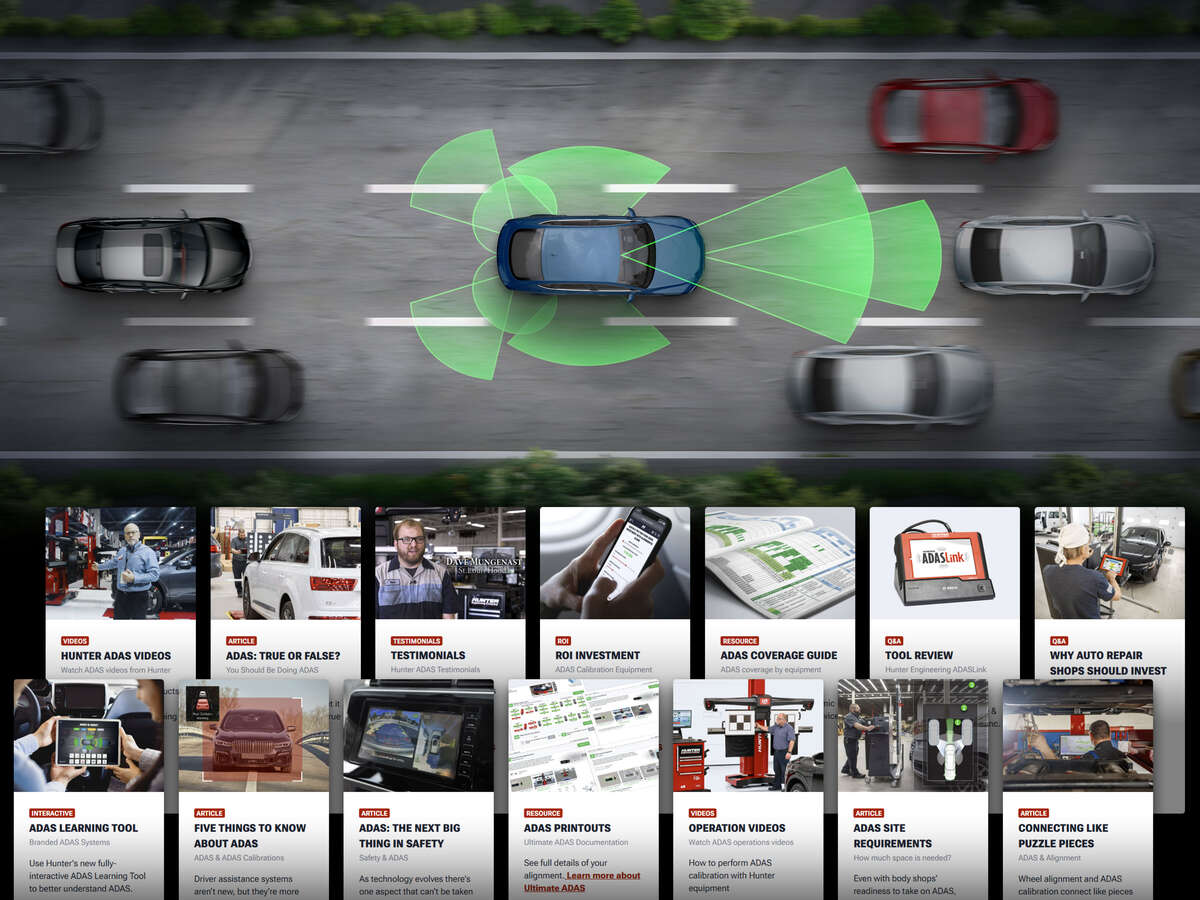
Expand your knowledge and awareness on Advanced Driver Assistance Systems (ADAS) with articles, videos, interactive tools, and downloads.

What is ADAS?
Learn the Basics
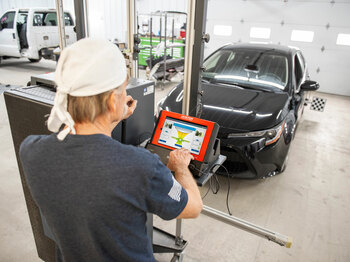
Why Auto Repair shops should invest in ADAS
Fender Bender
From Alignment Acorns, Mighty ADAS Oaks Grow...
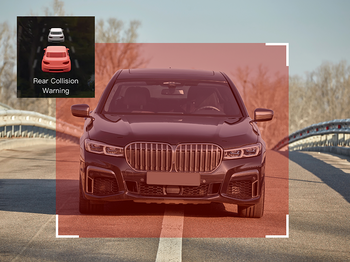
Five Things to Know About ADAS
ADAS & ADAS Calibrations
Driver assistance systems aren’t new, but they’re more popular than ever. Here’s what you need to know.
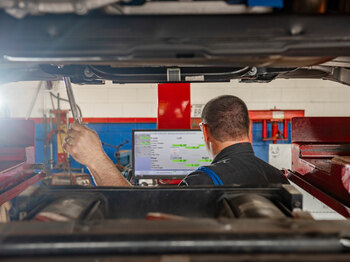
Connecting like Puzzle Pieces
ADAS & Alignment
Wheel alignment and ADAS calibration connect like pieces in a jigsaw puzzle. If you don't know where the wheels are going...
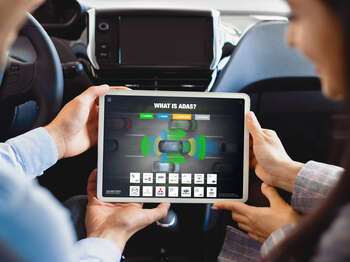
ADAS Learning Tool
Branded ADAS Systems
Use Hunter's new fully interactive ADAS Learning Tool to better understand ADAS.
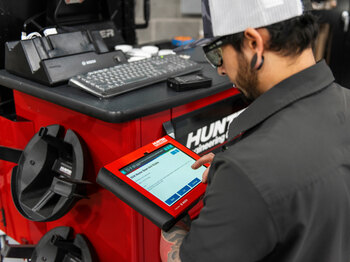
Flipping the ADAS switch
Tire shops are a natural habitat for ADAS calibrations. Invite them in.
When you think of a tire shop, you think of an alignment system. And when you think of an alignment system, you think of ADAS calibrations.
OK. Maybe not just yet for tire shops. But...
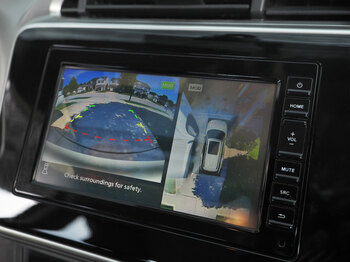
ADAS: The Next Big Thing In Safety
Safety & ADAS
As technology evolves there's one aspect that can't be taken lightly: safety.
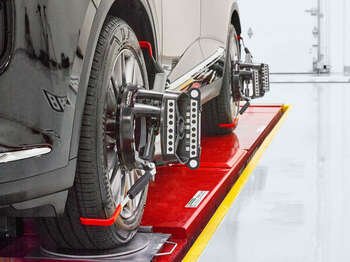
Collision Shops and ADAS: What do the Numbers Say?
Collision shops and ADAS
They say profit is moving in the wrong direction...
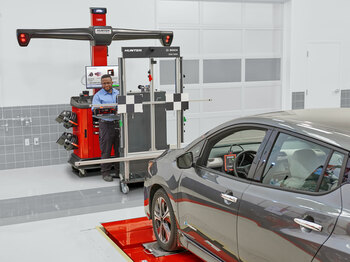
Industry Insights ADAS Articles
View more ADAS articles written from Hunter's industry experts.


